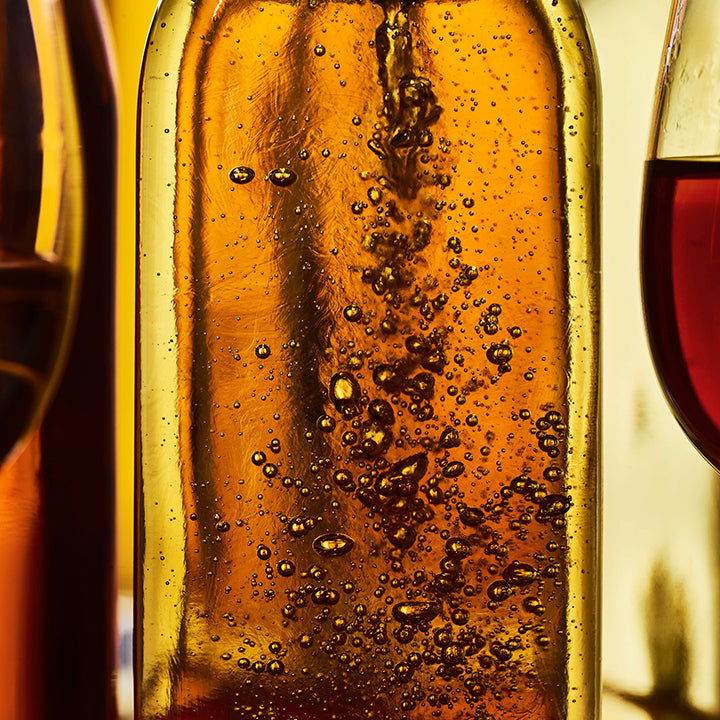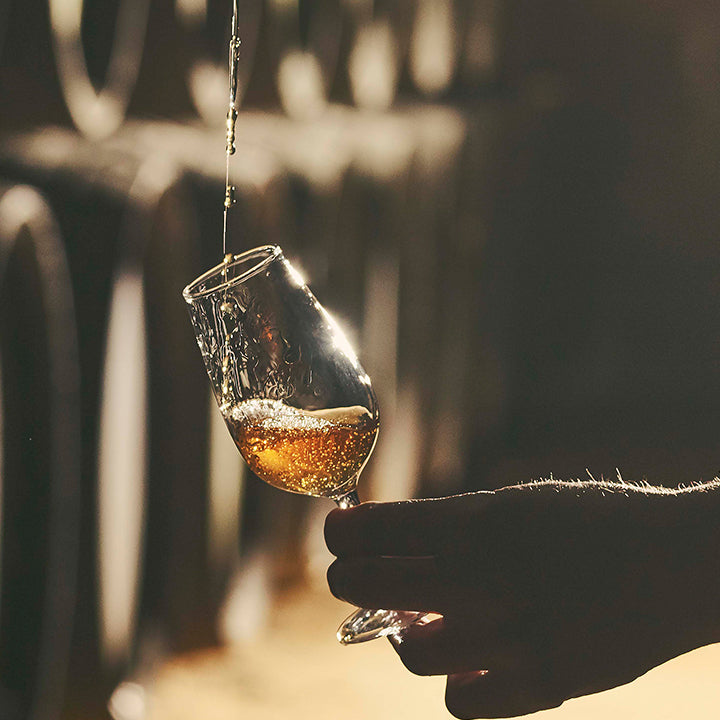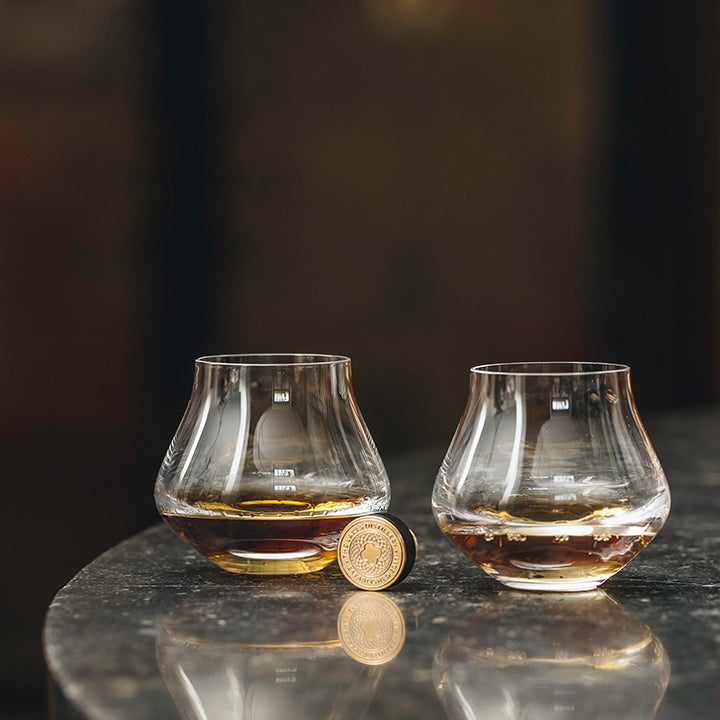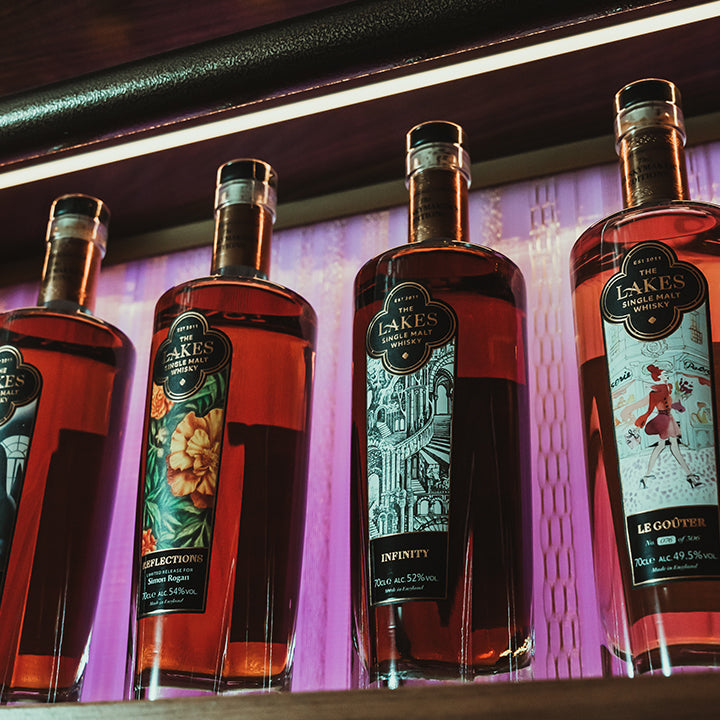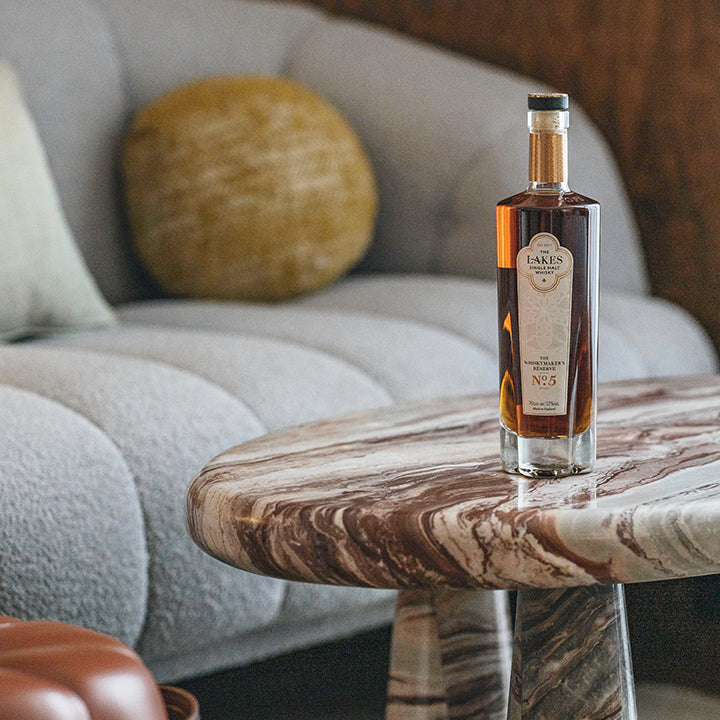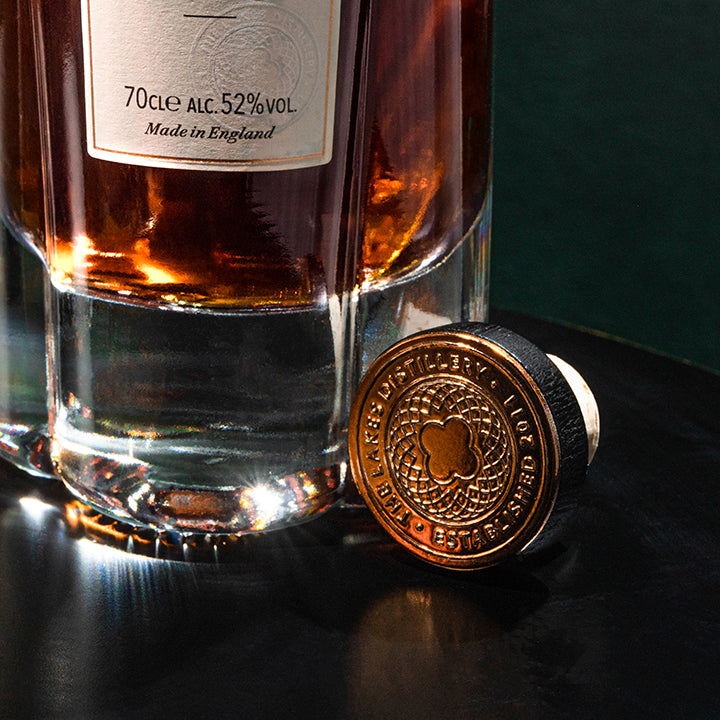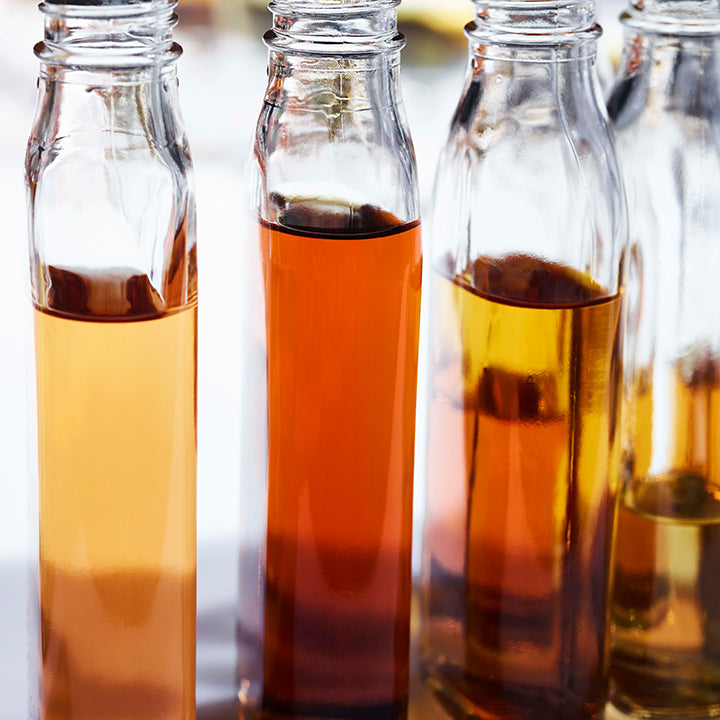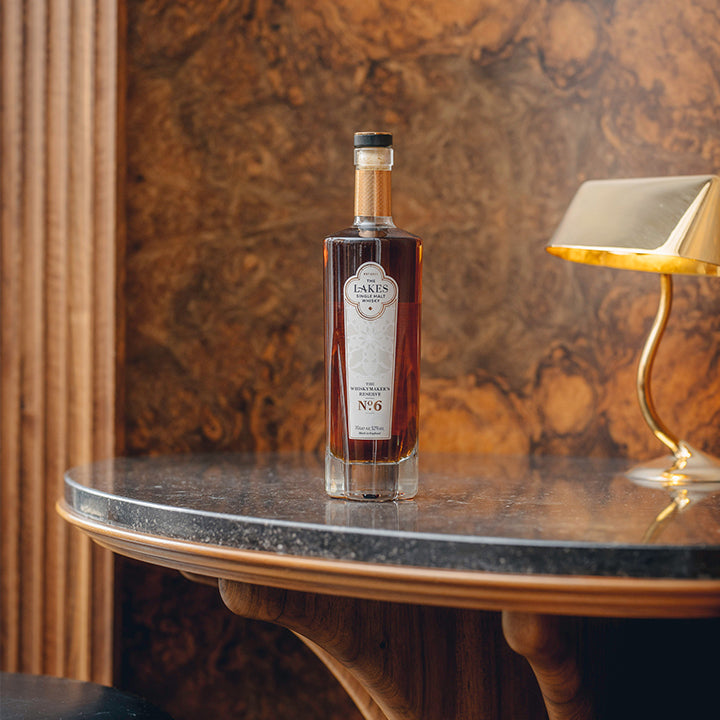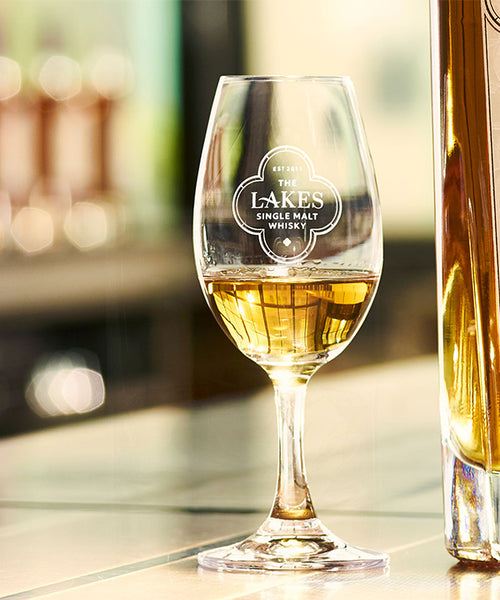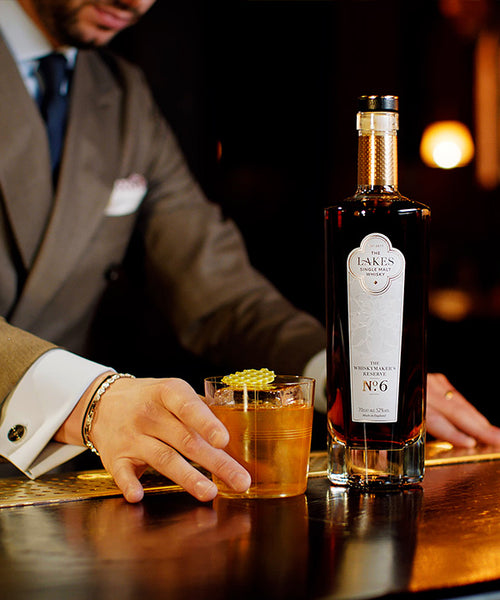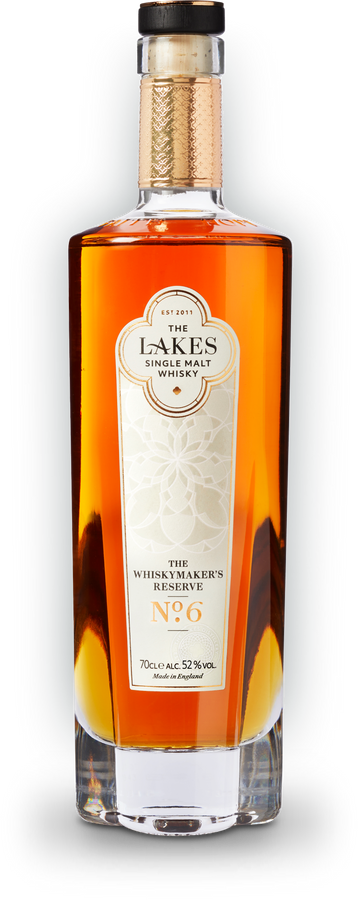Created to savour, designed to impress – how you store your whisky is an essential point to consider. Whether you’re a collector seeking preservation or a drinker looking for longevity – every fine whisky deserves to be enjoyed in its best form.
In our guide to whisky storage, as well as sharing the best ways to store your whisky bottles, we will explore some of the key factors that can impact the taste and longevity of the spirit.

Can whisky reduce in quality?
This is one of the questions we get asked most about whisky and, in short, the answer is yes. Whisky can lessen in quality over time. Despite its high alcohol volume, a reduction in the liquid’s flavour profile and noticeable change in its visual appearance can occur as a result of environmental influences:
Oxidation
Oxidation is one of the many vital components that take place during whisky maturation, a stage that sees alcohol molecules broken down and characteristics like flavour and colour develop.
Whilst there is a difference between the processes in a cask and the bottle; the principles are the same – air can impact the whisky’s profile. That means, when opened, the taste of whisky can change, just like with wine, albeit less extreme as a bottle of wine needs to be consumed within a few days of opening before a drastic change in taste makes the liquid almost undrinkable.
With whisky, a change in flavour and character can occur in as little as a week, but its shelf life is much longer. The liquid can be enjoyably consumed many months after opening the bottle, but this is dependent on the air to spirit ratio in the bottle.
Dissipation
Another reason linked to the loss of the flavour in opened whisky is dissipation. This is a chemical reaction that occurs when molecules are dispersed into a room.
Think about what happens when you pour a glass of whisky. The scent of the liquid is strong both on the nose and to anyone at arm’s length but, with every pour, that strength decreases. This is due to a reduction in the aroma molecules, resulting in a less distinctive smell.
It also impacts the taste, with loss of flavour notes and compounds leading to a smoother, more rounded whisky. There is nothing that can be done to avoid this process, but there is a simple solution.
Calculate your consumption and aim to finish off a bottle within a couple of months. By doing this, it is less likely the flavours will dull noticeably. For the best results, it is sensible to avoid having too many bottles open at once.
How heat affects whisky
Two environmental factors to consider when storing whisky are temperature and sunlight.
Exposure to heat over a sustained period has a negative impact on the liquid – with loss of flavour, change in colour and evaporation being notable changes. On the other end of the heat scale, extremely low temperatures can give the whisky a cloudy appearance.
What’s important to remember is to maintain control of the environment where you store your whisky. Fluctuating temperatures can cause the spirit to expand and come into contact with the cork. Over time, the cork could degrade and crack, in turn contaminating the liquid.
Exposure to direct sunlight can also have a big impact on whisky. As well as its heat, which can dilute the aromas and flavours, the sun’s ultraviolet rays may bleach the colour of the liquid and severely impact its longevity.
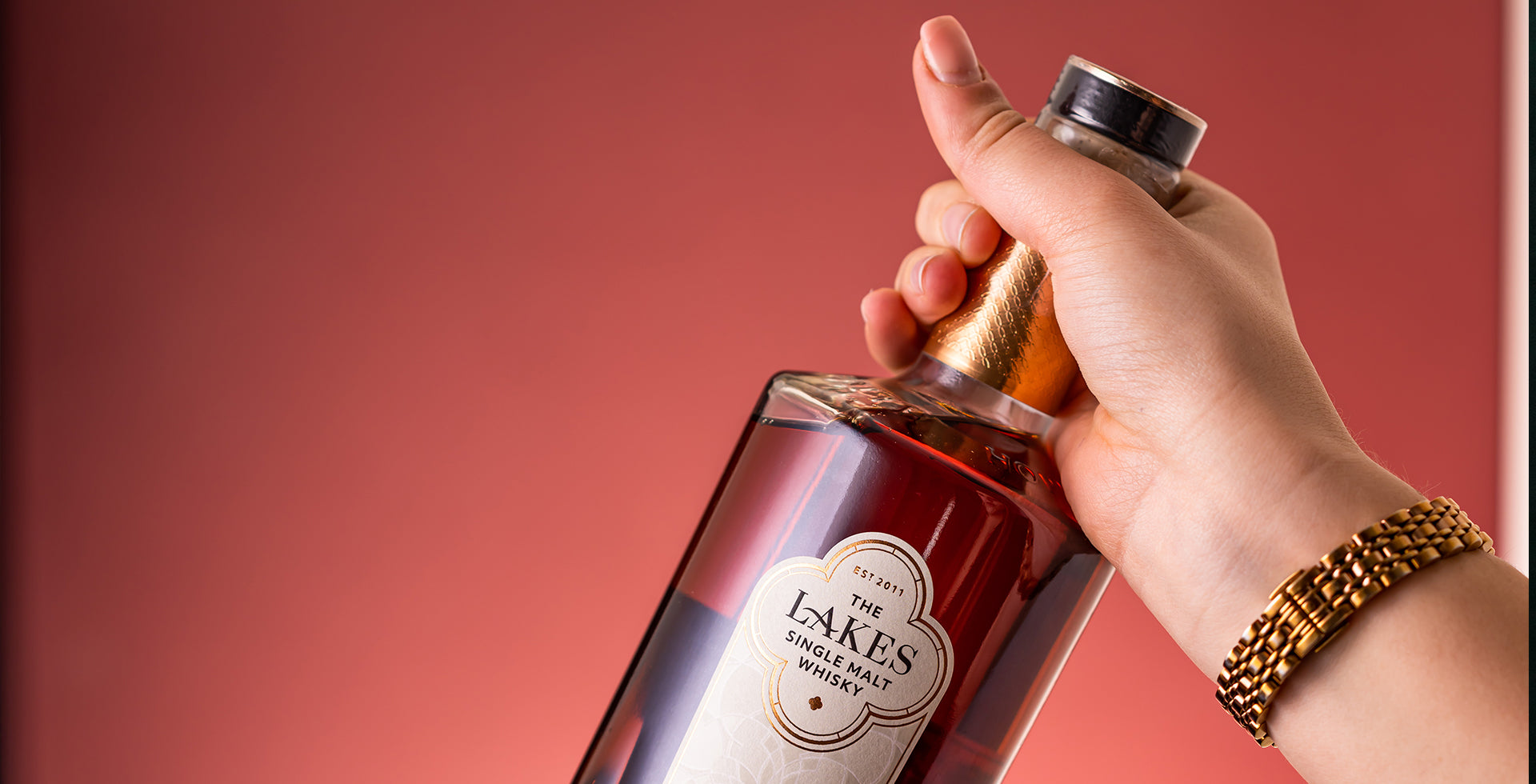
How to store your sealed bottle
Whether it’s putting a bottle aside for a special occasion or acquiring a limited-edition release to add to a collection, you must preserve the quality to reap the rewards.
Keep your bottle in a cool, dark place
Having discussed the negative impact heat and sunlight can have on whisky, it’ll come as no great surprise that a cool, dark environment is recommended.
We’ve touched on how direct sunlight can break down the liquid’s compounds and lead to a loss of flavours, aromas, and colour. But another element to consider is the outer casing. For some whiskies, in particular collection editions, the packaging is an asset. Whilst a whisky box can go some way to protecting the liquid, the sun can fade the label and in turn, decrease the value of the item.
Easy ways to avoid this is by keeping whisky in its box away from windows and storing it in a dark space like a bar cabinet or cupboard. Make sure to review the temperature as well. For the best storage results, a cooler side of ambient is suggested to help stop the liquid from evaporating and preserve its quality and character.
Store your whisky upright
How to position your bottle is just as important as where you store it. Contrary to wine, a whisky must always be stored upright, rather than horizontally. The reason for this is related to the cork.
Unlike wine corks, which are disposable and designed to keep the spirit moist, whisky corks are made to be used multiple times, but they are not designed to be wet. This is because whisky’s high ABV will eventually cause the cork to disintegrate into the liquid and impact the flavour. By keeping your bottle upright in storage, this can be easily averted.
Look after the cork
In what may seem like a contradiction to the previous point, wetting the cork is another way to preserve your sealed bottle. Whilst a wet cork can contaminate the liquid, equally, a constantly dry one can become brittle and, in turn, could break off and fall into the spirit.
Simply tilt your sealed bottle(s) horizontally two to three times a year to help keep the cork moist and avoid any problems.
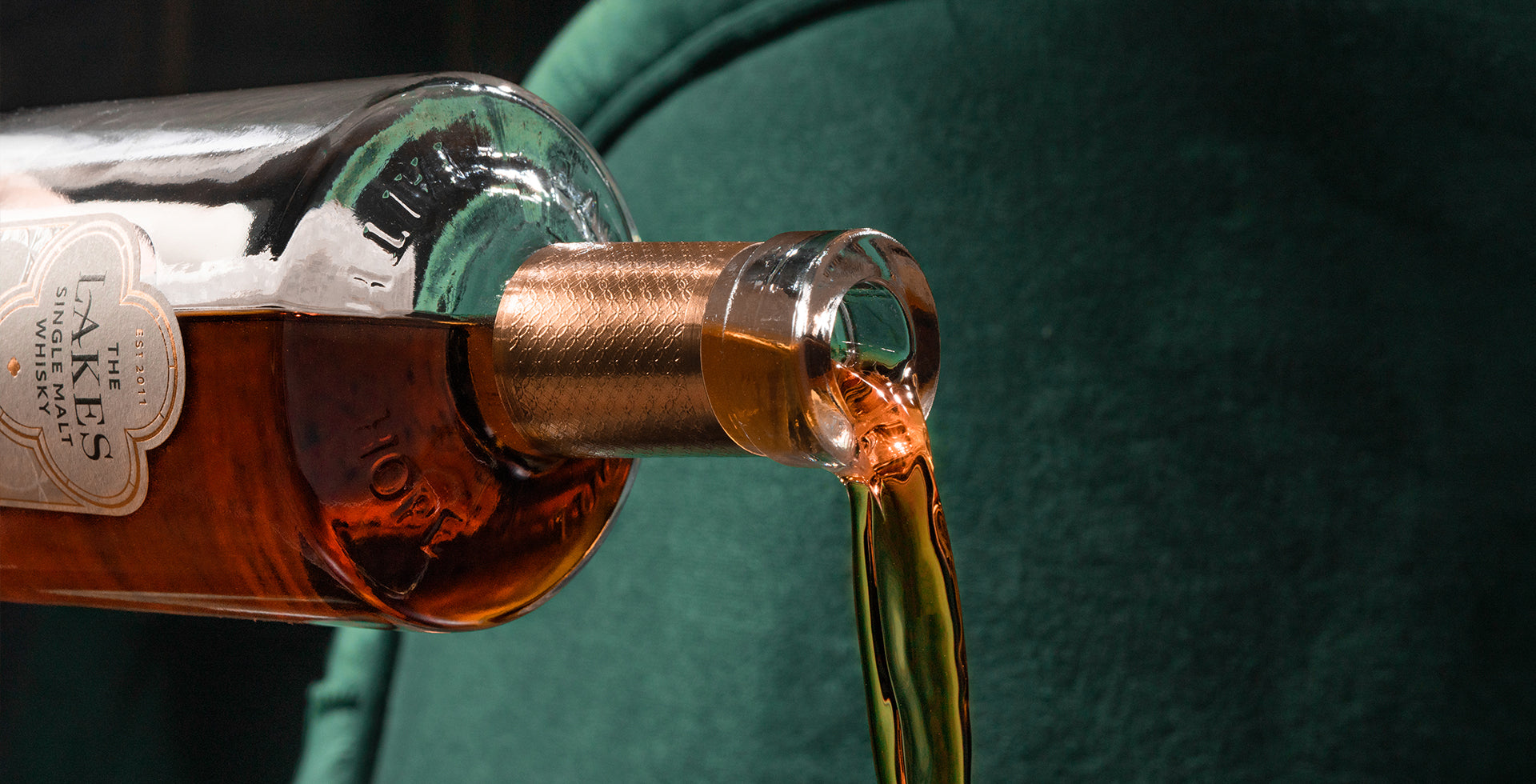
How to store your opened bottle
After opening your whisky, you deserve to experience the intricacy of individual flavours with every pour. So, the importance of properly storing your bottle cannot be overstated, as this has a large influence on the taste and aromas of the whisky.
Consider transferring your whisky into a smaller bottle
The reason for this is related to oxidation. Upon opening your whisky, air will get in and make the whisky oxidise faster. As more liquid is consumed over time, more air will fill the bottle and quicken the oxidation process. The result? Alcohol evaporation and a change in flavour.
When a bottle has less than a third remaining, transfer the whisky into a smaller bottle to reduce the air contact. This will preserve the spirit for longer.
Store at room temperature
With the temperature you store your bottle at having an influence on its condition, just like an unopened bottle, to avoid the character of the whisky changing, you should store your bottle out of the sunlight and at a room temperature between 15 and 18 degrees Celsius.
Should I store my whisky in a decanter?
There’s been a resurgence in the use of whisky decanters, thanks in large to their stylish appearance. When it comes to serving a whisky, it makes for an attractive statement. However, there is no added benefit to storing your liquid in a decanter rather than an open bottle.
Most whisky decanters feature a glass topper to close the bottle. These loose-fitting toppers are not an airtight seal, which, like an opened bottle, encourages contact with oxygen. While there are decanters with better seals available, it’s not much different to storing your whisky in the original bottle. If you’re searching for an aesthetic way to serve whisky or have a bottle of whisky you intend to drink regularly – a decanter is for you but investing in one for storage purposes is not necessary.
Discover more
Take a tour
Sample the best of The Lakes Single Malt by taking a tour of The Lakes Distillery.




























